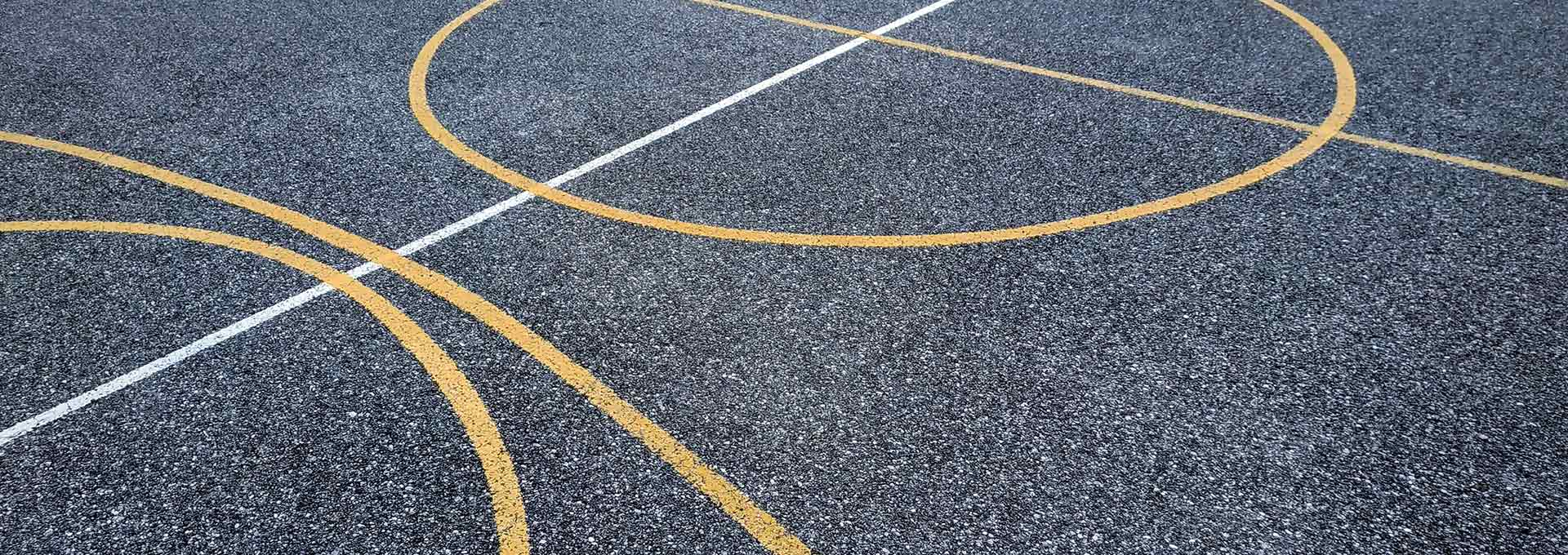
Resources
Seed Grant Awardee: Masumi Iida
Masumi Iida | The Sanford School
Do athletes’ psychological states influence sports performance? This question captivated many sports psychologists and inspired many studies to explore the association. In fact, 70% of research questions, debates, and discussions at international sports conferences and seminars revolve around the topic of psychological state and sports performances (Bali, 2015). While sports psychology should have been part of a discipline within academic psychology, it was viewed as an applied discipline of social and clinical psychology. In 2000, Seligman and Csikszentmihalyi, two prominent psychologists, called for the importance of studying and understanding how individuals flourish and achieve happiness, rather than how individuals cope with disease and challenges. This emergence of positive psychology finally gave sports psychology, which has always studied athletic excellence, started gaining more acceptance within academic psychology.
Nineteen years after the call of positive psychology, the fields of positive and sports psychology have flourished. There are over 2.8 million hits on Google Scholar when we enter “Positive Psychology and Sports Psychology” (searched on September 9, 2019). Even when we limit the search to the peer reviewed journal articles and published books on PsychINFO, there are over 3,500 hits that come with the combination of the terms (also searched on September 9, 2019). With the heightened interests in athletic excellence, it is timely to review the field of sport and positive psychology and give an overview of the state of the field as it stands.
Our proposal has three goals. 1) We will review the intersection of the two fields and examine key components from the literature: prominent theories and concept, methodological approaches, and the participants in empirical studies. 2) We will identify limitations and gaps in the literature that could be addressed to enhance the field of sports psychology, and to suggest recommendations for the future research. 3) We will review scholarship covering the experiences of athletes of color and women to put special emphasis on the inclusion and exclusion of sociological factors like race and ethnic culture, class, and gender. From this examination, we will transform the question - Do athletes’ psychological states influence sports performance? - to “How do social and environmental factors impact athletes’ psychological states, coaches, and sports psychology practitioners?”
The project aligns with two themes of the Global Sport Institute Seed Grant Programs, Race and Sport, and Sport and the Body, and GSI’s and ASU’s broader push for interdisciplinary research. Sports psychology by its definition examines the mind-body dualism - how mind affects the sports performance - but largely ignores how persons’ bodies are connected to their culture, gender, and class. The Co-PIs come from Psychology and Sociology and bring our varying expertise to bear on this topic.
Read the final paper from this GSI-funded project here.
Last Updated July 2021.